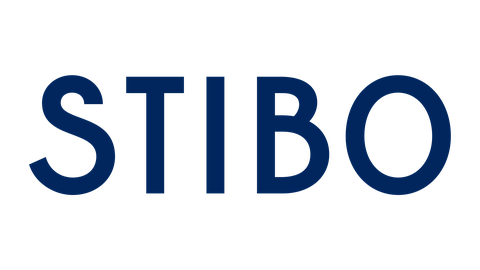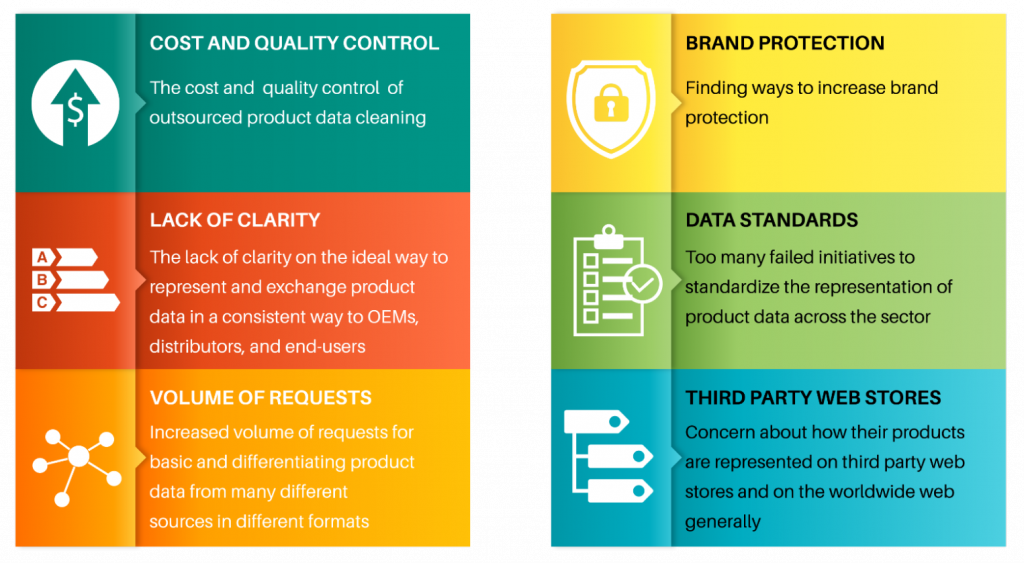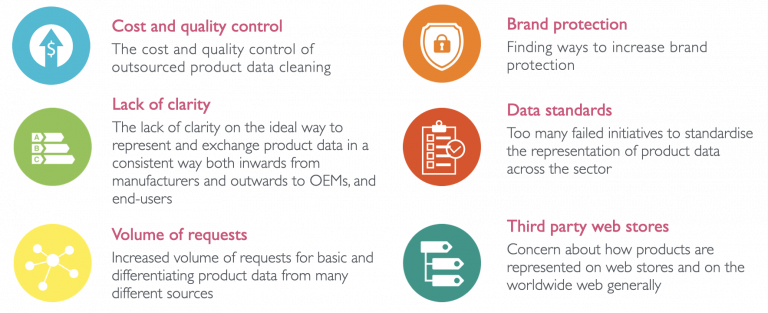The Hidden Costs of MRO Management
Most production environments, particularly those in asset-intensive industries, rely heavily on Maintenance, Repair, and Operations (MRO) resources to keep crucial machinery operational, safe, and efficient. Despite this, MRO inventory seldom receives the executive attention it warrants, often sidelined as ‘indirect’ material and overlooked in strategic planning.
The Financial Implications
For businesses operating on thin margins, such as manufacturing or regulated asset-intensive companies with a 5% profit on sales, the financial stakes are high. A mismanaged $50,000 inventory translates to a lost opportunity equivalent to $1,000,000 in sales. The reality that MRO inventory rarely sells for more than pennies on the dollar further compounds the issue.
Aligning Supply with Demand
Successful organizations understand the importance of syncing supply chain operations with maintenance and production demands. Siloed planning, however, remains a challenge, leading to reactive supply chains unable to accommodate breakdowns without impacting production.
The Importance of Quality Data
Poor data quality within the MRO supply chain can lead to incorrect spare part supplies or delays, directly affecting production efficiency. The cost implications of poor data management escalate over time, adhering to the “1:10:100” rule, which posits that the cost of correcting data errors increases exponentially the longer they go unaddressed.
Incorporating Quality Management Systems
Quality Management Systems (QMS), such as those outlined in ISO standards (e.g., ISO 9001, ISO 14001 and ISO 50001), play a crucial role in aligning maintenance, reliability, and supply chain functions. These systems emphasize top management’s commitment to quality, which is essential for fostering a culture of continuous improvement.
Toyota Principle #5 and ISO Standards
Toyota’s principle of addressing problems immediately to ensure quality aligns with the ethos of ISO Management System Standards. These standards stress the importance of leadership in establishing a culture of quality and continuous improvement.










